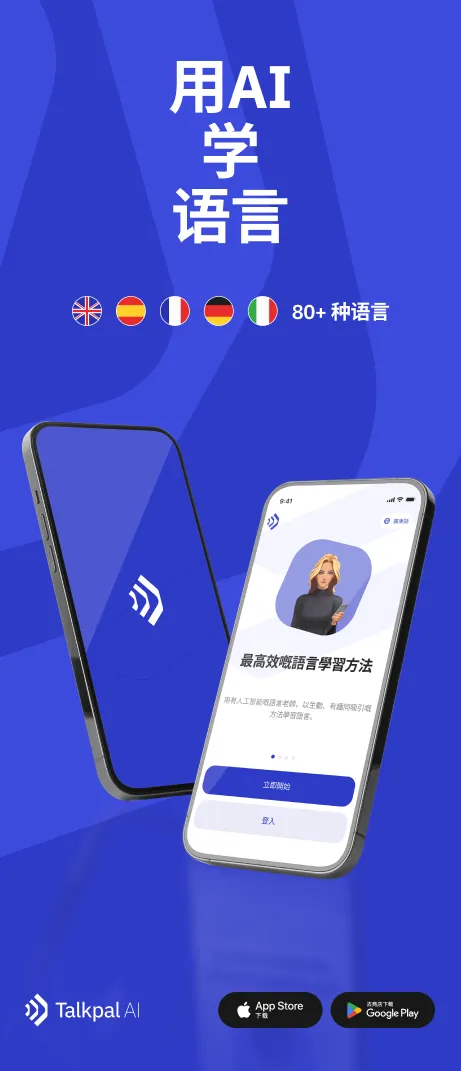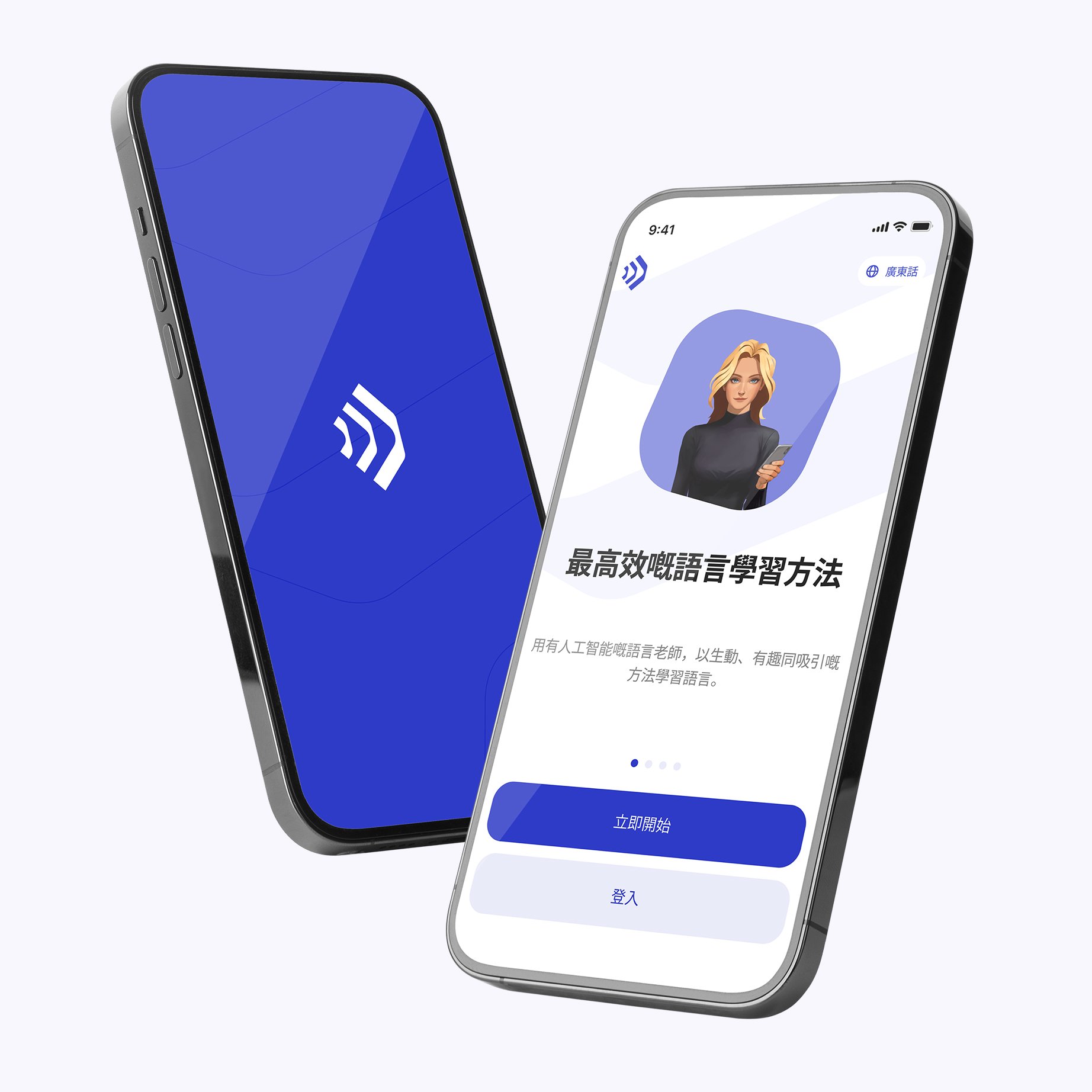为了帮助学习者更好地掌握首先条件句的用法,接下来的练习将提供一些句子填空题。通过这些练习,学生可以练习如何在具体语境中正确使用首先条件句。请注意,每个句子中只有一个正确答案,并且答案后面会有一个用括号包围的单词提示。让我们开始吧!
First Conditional 英语语法练习(练习一)
If you *study* (study) hard, you will pass the exam.
If she *doesn’t* (not) hurry, she will miss the bus.
Provided that you *save* (save) enough money, you can buy a new laptop.
You will get wet if it *rains* (rain).
If they *win* (win) the match, they will celebrate tonight.
He will be disappointed if the film *isn’t* (not) good.
If I *see* (see) him, I will tell him the news.
She’ll miss her flight unless she *leaves* (leave) now.
If it *snows* (snow) tomorrow, we will go skiing.
You won’t understand the lesson if you *don’t* (not) listen carefully.
If he exercises regularly, he *will* (will) improve his health.
If they don’t water the plants, they *will* (will) die.
Unless you call her, she *won’t* (will not) know you are waiting.
If we *meet* (meet) early, we can catch the first train.
She will be happy if you *give* (give) her a surprise.
First Conditional 英语语法练习(练习二)
If you *send* (send) the letter today, it will arrive tomorrow.
They’ll go on a trip if they *can* (can) get a holiday.
If it *doesn’t* (not) fit you, we can exchange it.
If I find her address, I *will* (will) send her an invitation.
You *will not* (will not) be allowed in if you forget your pass.
Unless the car is repaired, it *won’t* (will not) start.
If you *help* (help) me with this, I’ll help you with your project.
If the team plays well, they *will* (will) win the championship.
If I have time, I *will* (will) join you for lunch.
She will buy the dress if it *is* (is) on sale.
If it *starts* (start) raining, I will take an umbrella.
You can go to the party if you *finish* (finish) your homework.
If he *doesn’t* (not) apologize, she won’t speak to him again.
You will find the place if you *follow* (follow) the map.
They will be late unless they *leave* (leave) now.










